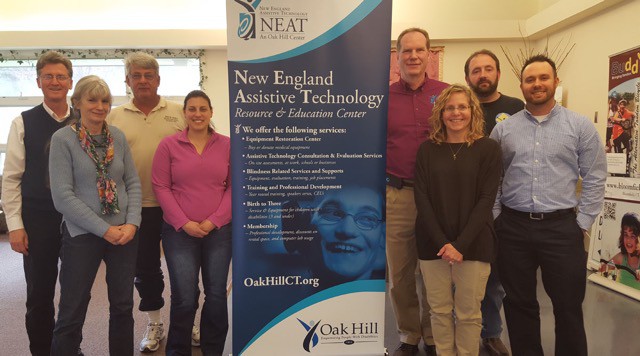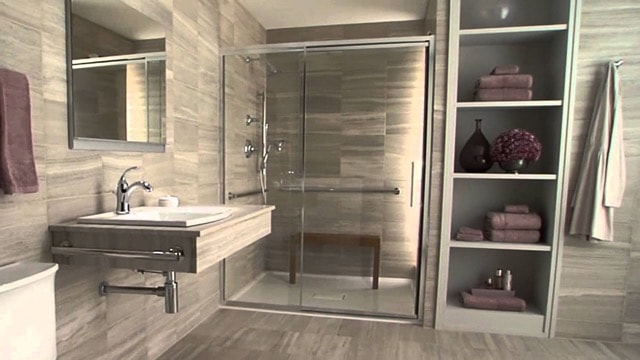As our population ages, we are experiencing mobility challenges. It began for me as preferring not to sit on the floor with my grandson since I’m a bit stiff and it goes downhill from there. You might experience difficulty opening a door, going upstairs, or having a hard time getting Mom into your house when she comes to visit.
With the costs of assisted living over $70,000 per year and nursing homes above $100,000, it makes sense to invest in adaptations to stay at home as long as possible. With the growing numbers of people over 65 will come an increase in the resale value of homes that are “senior friendly”.
I have designed several accessible bathrooms with first-floor master suites and specified plenty of grab bars but I decided to get ahead of this with some “Universal Design” training. Universal Design (often called inclusive design) refers to broad-spectrum ideas meant to produce buildings, products and environments that are inherently accessible to older people, people without disabilities, and people with disabilities (and children too). Even if there appears to be no immediate need, I bring this new consciousness to all my design projects.
I recently completed a course to become a Certified Aging in Place Specialist (CAPS) run by the National Association of Home Builders in cooperation with AARP. I am now up to date on all the best strategies for safety and the most attractive products to employ to make accessible spaces look “design magazine worthy”. I have created my own checklist for doing home evaluations to recommend measures to include when doing any remodeling project.
The course was run by Steve Hoffacker, a nationally recognized expert in accessibility issues. My fellow students, all from Connecticut, Massachusetts, and New York, included several Occupational Therapists, Remodeling Contractors, Assistive Technology Equipment Installers and Educators. They have become the nucleus of my expanding support network for solving home accessibility challenges.
The course was held at the New England Assistive Technology Resource and Education Center. For those with extreme needs, they have tons of great lightly used equipment that they refurbish and sell at 50% off to those who need it. Several of their key staff were in the course. OakHillCT.org
The best time to prepare for accessibility challenges is before you need it. I will be adding resources to the website soon.
Me (on the left) and my classmates at the NEAT Resource and Education Center in Hartford
Some attractive new products from Kohler demonstrate that an accessible bathroom does not have to look like a medical facility.

